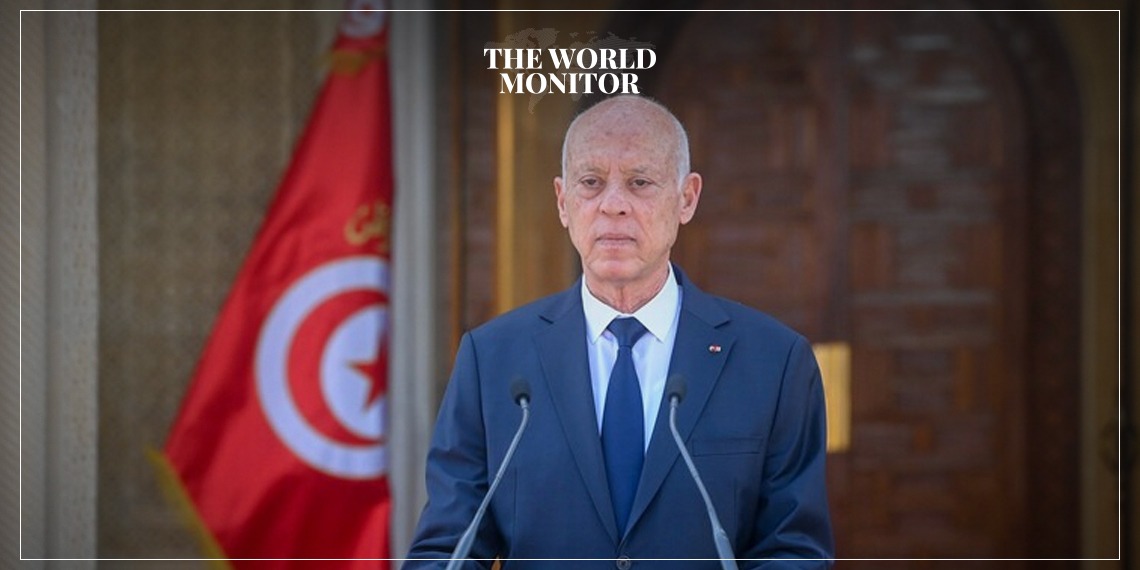In a clear statement against foreign intervention, Tunisian President Kais Saied addressed the recent talks on Monday concerning Tunisia’s refusal to permit a delegation from the European Parliament to enter the nation with the objective of understanding its political landscape.
In a high-level meeting that included Prime Minister Ahmed Al-Hachani, Interior Minister Kamal Al-Faki, and Justice Minister Leila Jafal, President Saied articulated his sentiments. He remarked, “Certain foreign media outlets attempt to feed us news. They ought to focus on their own internal matters. Those who advocate for press freedom should first shed light on their conditions in their own countries.”
Saied further emphasized, “They levy accusations as though they’ve replaced our public prosecution. They need to refrain from meddling in our affairs, as we have never interfered in theirs.”
Continuing with firm resolve, the Tunisian leader added, “They should cease talk of missions coming to inspect Tunisia as if we are under colonization or guardianship. If they wish, we too can dispatch inspection missions to their nations.”
Further clarifying his stance, Saied declared, “Those who come from abroad to monitor us are not welcome and will not step on our soil.” He expressed his bewilderment over discussions about delegations coming to Tunisia to review conditions.
In his concluding remarks, the President stated, “We can reciprocate by sending our observers to their elections or monitoring their transgressions. They need to reassess their concepts. We operate with more transparency than they do.”
Tunisia has been under the spotlight in the wake of major political shifts. Following the Arab Spring in 2011, Tunisia emerged as a beacon of democratic hope in the region. However, subsequent challenges have thrown the nation into political instability. In the context of international concerns over democratic backsliding, various international entities have expressed an interest in assessing Tunisia’s situation firsthand. This latest stance by President Saied underscores the nation’s determination to chart its own course without external intervention. It echoes a broader sentiment in many countries where national sovereignty is held sacrosanct against perceived foreign interference.






